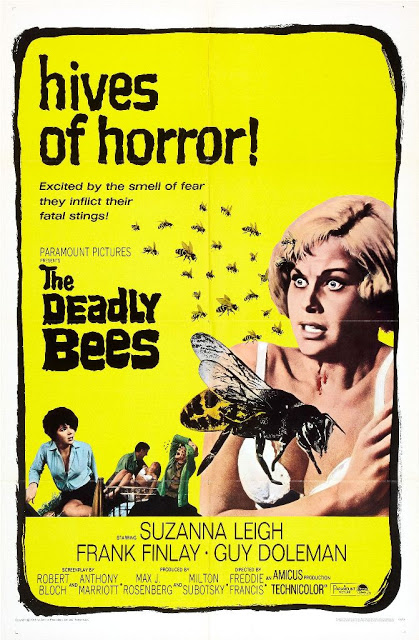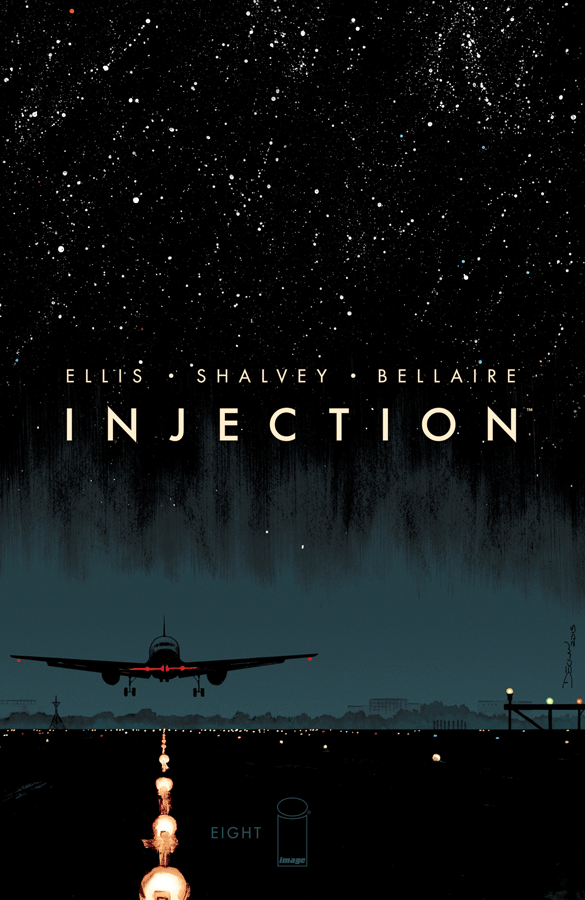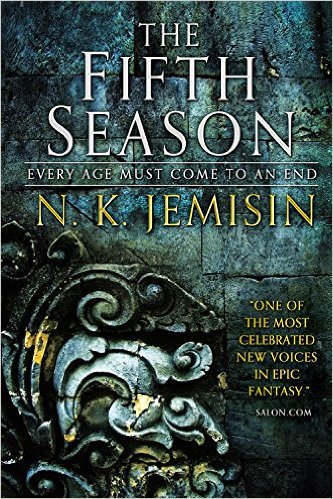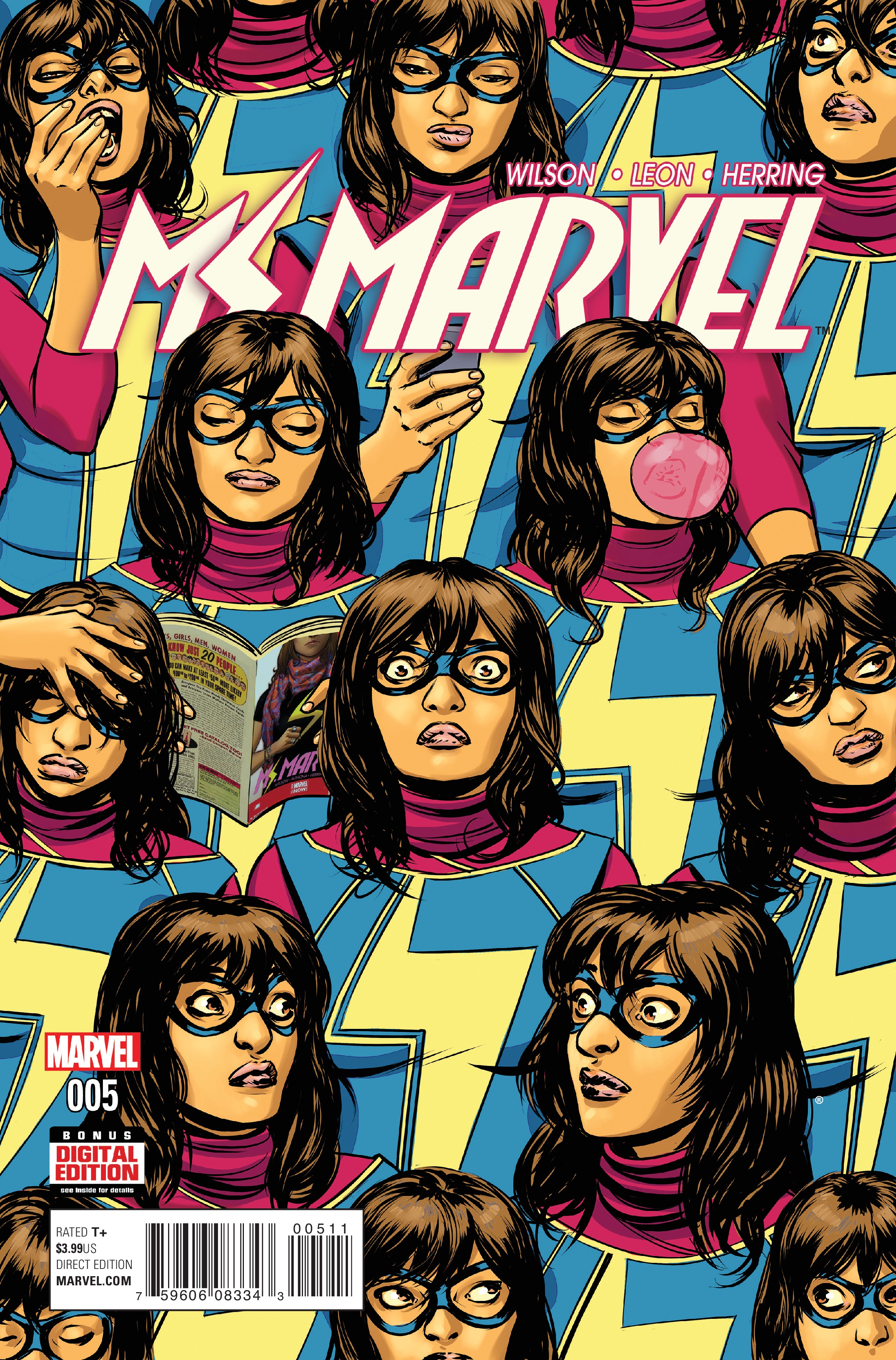A Brief Treatise on the Rules of Thrones 3.09: The Rains of Castamere
 |
| “Goddammit, we registered at Pottery Barn, not Williams Sonoma!” |
State of Play
The choir goes off. The board is laid out thusly:
Dragons of Yunkai: Daenerys Targaryen
Wolves of the Wall: Jon Snow, Bran Stark
Wolves of the Twins: Robb Stark, Catelyn Stark, Arya Stark
Bears of Yunkai: Jorah Mormont
Archers of the Wall: Samwell Tarly
Tigers of the Twins: Talia Stark
Bows of the Wall: Ygritte
Dogs of the Twins: Sandor Clegane
Winterfell is abandoned and in ruins, Dragonstone is vacant, King’s Landing is silent.
The episode is in twelve parts. The first part runs seven minutes long and is set at the Twins. The opening images are a series of deeply symbolic shots of Robb Stark’s map.
The second runs two minutes and is set in Yunkai. The transition is by hard cut, from Walder Frey to one of the Unsullied.
The third runs two minutes and is set north of the Wall. The transition is by hard cut, from Barristan side-eyeing Jorah to Sam and Gilly walking through the snowy woods.
The fourth runs two minutes and is set in the Riverlands near the Twins. The transition is by hard cut, from Gilly in awe at the Wall to the Hound and Arya riding.
The fifth runs three minutes and is in two sections; it is set in the Gift south of the Wall. The first section is one minute long; the transition is by family, from Arya to Bran and Rickon Stark. The second section is two minutes long. The transition is by family, from Bran and Rickon Stark to Jon Snow.
The sixth part runs three minutes and is set outside the Twins. The transition is by family, from Jon Snow to Arya Stark.
The seventh runs seven minutes and is set in the Gift south of the Wall. The transition is by family, from Arya to Bran and Rickon Stark.
The eighth runs two minutes and is set in Yunkai. The transition is by hard cut, from Ygritte watching Jon ride away to the pyramid of Yunkai.
The ninth runs three minutes and is set in the Twins. The transition is by hard cut, from guards streaming into the square to an establishing shot of the Twins.
The tenth runs three minutes and is set in the Gift south the the Wall. The transition is by family, from Robb and Catelyn to Bran and Rickon Stark.
The eleventh runs one minute and is set in Yunkai. The transition is by hard cut, from Osha sneaking off with Rickon to Daenerys’s camp.
The twelfth runs thirteen minutes and is set in the Twins. The transition is by hard cut, from Daenerys to the band playing “The Bear and the Maiden Fair.” It features the deaths of Joyeuse Frey, Grey Wind, Talia Stark, Catelyn Stark, and Robb Stark, killed by various sharp implements, mostly on the orders of Walder Frey. The final image is of Catelyn Stark failing spectacularly to achieve a Full Web.
Analysis
So this is how they decide to split A Storm of Swords: convert the Red Wedding, which takes place in the fifty-first of the book’s eighty chapters, into their ninth episode set piece, killing three credited regulars in a single scene.…

 The second season of
The second season of  Holly Boson is back with another cracking installment of City of the Dead, this time looking at the 1967 potentially-not-a-classic The Deadly Bees. The official episode description:
Holly Boson is back with another cracking installment of City of the Dead, this time looking at the 1967 potentially-not-a-classic The Deadly Bees. The official episode description: Before we get to comics reviews, it being the season for big elaborate seeded brackets of things, I’ll be running The Last Tournament in Albion, an attempt to summarize a mostly still-unwritten sprawling epic history of British comic books via a series of Twitter polls. Sixty-four classics from the major players in The Last War in Albion (and a few guest stars), broken into four divisions (British Classics, American Superheroes, Literary Comics, and Non-Comics) and seeded into a series of appropriately brutal head-to-head match-ups.
Before we get to comics reviews, it being the season for big elaborate seeded brackets of things, I’ll be running The Last Tournament in Albion, an attempt to summarize a mostly still-unwritten sprawling epic history of British comic books via a series of Twitter polls. Sixty-four classics from the major players in The Last War in Albion (and a few guest stars), broken into four divisions (British Classics, American Superheroes, Literary Comics, and Non-Comics) and seeded into a series of appropriately brutal head-to-head match-ups. 
 Consider this a belated postscript to
Consider this a belated postscript to  Guardians of the Galaxy #6
Guardians of the Galaxy #6